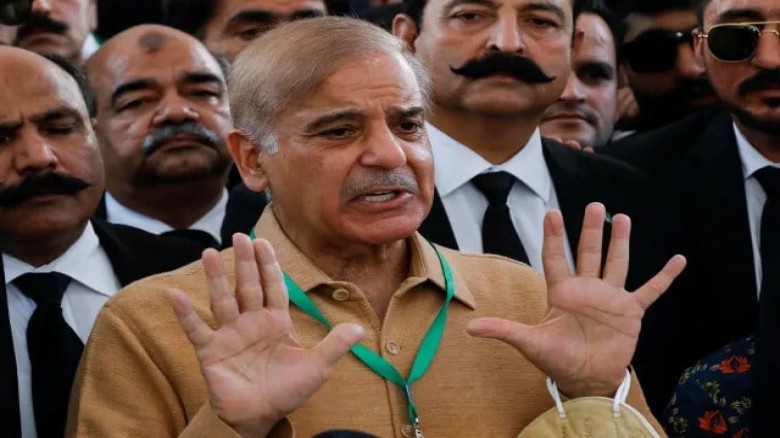Sports

According to The Express Tribune, the Oil and Gas Regulatory Authority (OGRA) suggested raising the price of diesel by Rs 51.32 per litre (35.7%), petrol by Rs 21.30 per litre (14.2%), kerosene oil by Rs 36.03 per litre (28.7%), and light diesel oil (LDO) by Rs 38.89 per litre (39.9%).
Digital Desk: Pakistan Prime Minister Shehbaz Sharif has added an extra burden of around Rs 30 billion to the public coffers by rejecting the oil and gas authority's offer to raise the oil prices in the country, further aggravating the country's economic situation.
A total of Rs30 billion is already owed due to price differential claims stemming from the decision to keep oil prices steady from April 1, 2022.
Due to the government's decision to retain current oil prices for the month of April, the government will pay an amount of Rs 60 billion to oil companies.
The Oil and Gas Regulatory Commission advised that Sharif should raise the fuel costs to help the country's damaged economy, but the PM rejected, resulting in catastrophic consequences. The government's treasury will now be burdened with an additional cost of roughly Rs30 billion due to the PM's decision.
According to The Express Tribune, the Oil and Gas Regulatory Authority (OGRA) suggested raising the price of diesel by Rs 51.32 per litre (35.7%), petrol by Rs 21.30 per litre (14.2%), kerosene oil by Rs 36.03 per litre (28.7%), and light diesel oil (LDO) by Rs 38.89 per litre (39.9%).
The circular debt situation in the oil and gas sectors had already deteriorated, and the aggregation of subsidy or price difference claims would result in a circular debt increase in the coming days.
Following the prime minister's decision not to raise fuel prices, the government would be bound to pay this sum to oil companies for price disparity claims (PDCs).
Meanwhile, Sharif enabled power distribution corporations to boost their charges to consumers, burdening the country's citizens already burdened by tax rises and rising energy prices.
Due to growing inflation, people in Pakistan would have to pay an additional cost of Pakistan Rupees 4.8 per unit for the electricity they have utilised since February.
As per The Express Tribune, the National Electric Power Regulatory Authority (Nepra) increased the power tariff for the month of February by Rs 4.8 per unit due to fuel cost adjustment (FCA).
All consumer categories will be charged a fuel cost adjustment (FCA) for February 2022 in the billing month of April 2022.
The Central Power Purchasing Agency (CPPA-G) had asked the power regulator to sanction an Rs4.9441 per unit rise, which would cost power customers Rs38.4 billion.
As per the reports, NEPRA held a public hearing on March 31 and accepted a rise of Rs 4.8530 per unit instead of Rs4.9441 per unit, putting an additional burden of about Rs 37.7 billion on electricity consumers.
As the outage in Pakistan's largest metropolis continues, the prime minister was informed that nine independent power producers (IPPs) had been shut down due to a lack of gas, RLNG, and coal supplies and 18 power plants have been shut down due to technical concerns.
Leave A Comment